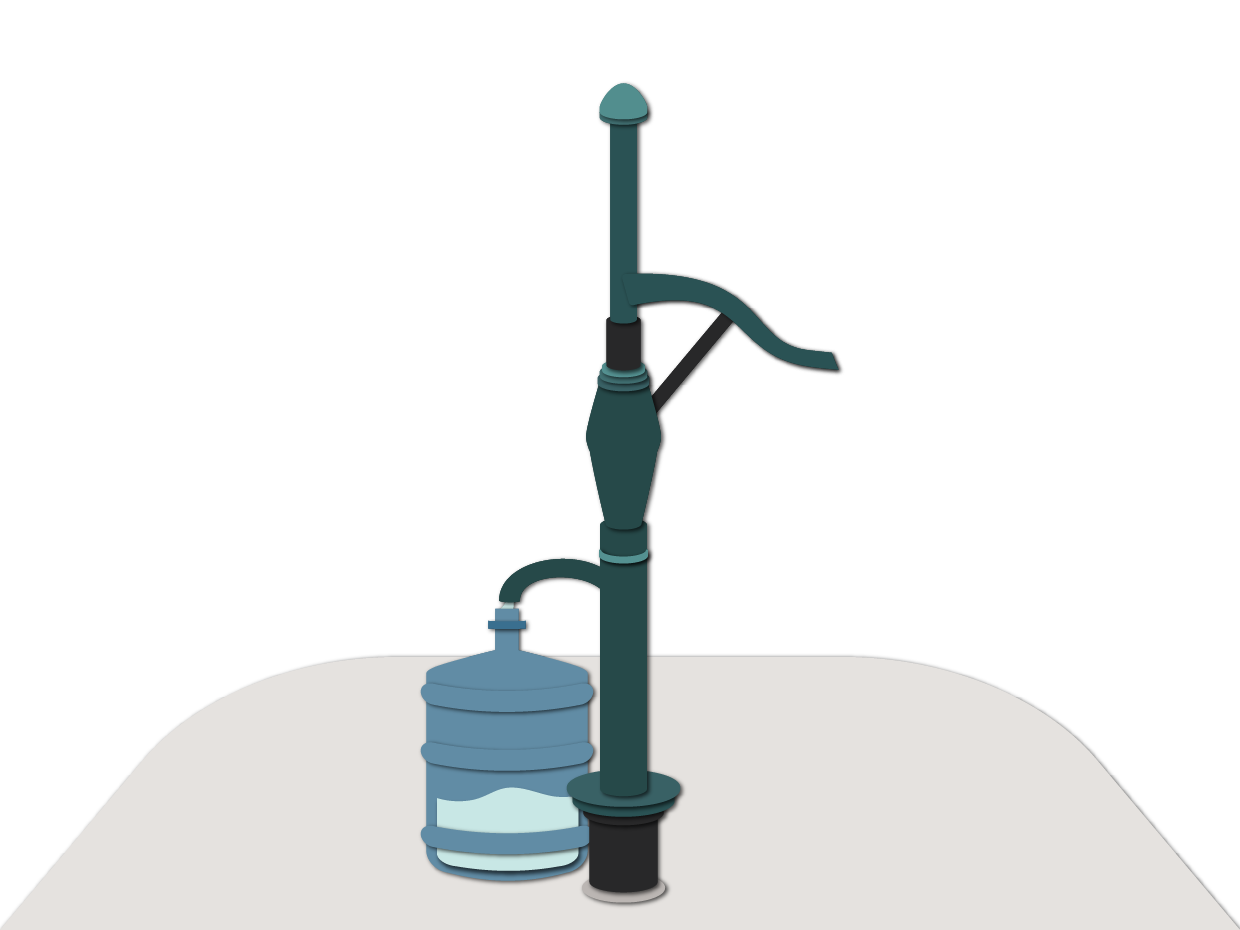Do you have less money than you expected at the end of each month? It might be time for you to find ways to reduce your spending.
It’s hard to save any money if you are overspending. And spending more than you earn is an easy way to accumulate debt. It’s better to avoid debt if you can. That way you’ll avoid paying interest on what you owe.
On this page you’ll find
How to find a better balance between earning and spending
There are two main things to consider when trying to find a better balance between how much you earn and how much you spend. You’ll need to find a way to either earn more money or spend less money.
Making small changes can add up to big savings. For example, if you cut one $10 lunch each week, it would add up to more than $500 a year in savings.
How to trim your spending
It’s a good idea to look at your overall lifestyle before you start finding ways to reduce your spending.
There are a few good questions to ask yourself, including:
1. How much money do you really spend on takeout and coffee? If you can cut back, it could be a win for your savings.
2. Are there ways you can reduce you expenses at home? Everything from utility bills to transportation costs could be ways to find efficiencies.
3. How many fees are you really paying each month? Consider your monthly subscriptions and streaming services.
10 tips to save your money
Once you’ve thought about what’s realistic to trim from your budget, review these 10 tips to see if you can find savings. Starting with just one or two savings ideas can help you develop a cost-cutting habit.
1. Don’t buy what you don’t need – If you don’t need a new TV or microwave just yet, hold off. If you wait, you might be able to time your purchase when there is a sale. Separating “needs” from “wants” can help you prioritize spending if you’re looking for reductions.
2. Look for repeated expenses you can cut back or cut out – You might have frequent purchases such as daily coffees, music downloads, streaming and magazine subscriptions, or a gym membership you’re not using. Cutting back on these could save you a significant amount of money each month. You can also contact companies to renegotiate what you’re paying each month.
3. Take a no-spend challenge – Try not spending money on anything except necessities for one month. This can help you be more intentional about your discretionary spending once the month is over.
4. Follow a 24-hour rule – Set a personal spending threshold that requires you to wait 24 hours before making a purchase. To avoid impulse spending, tell yourself you have to wait at least one day before buying anything that costs more than $25. This can help you avoid impulse spending.
5. Buy used – With a little bit of extra time to search, you can often find great discounts on used items like cellphones, furniture, appliances and textbooks.
6. Pay off credit cards on time – If you use credit cards, pay them off in full and on time. Avoiding paying interest on credit card purchases will reduce your additional expenses the next month.
If you’re carrying a lot of debt that collects interest each month, you might want to tackle that first. Learn more about strategies to pay down debt.
7. Take advantage of discounts, coupons, and free stuff – You might be able to cash in credit card points for gift cards or redeem loyalty points at the grocery store. Your local library may have some of the popular novels and movies you might be tempted to purchase yourself, but for free. Local neighbourhood message boards often offer free items, including furniture. There are also sites that advertise free samples and coupons.
8. Use less energy – Spend less on heating and cooling your home. For example, don’t leave lights on when you’re not using them. Use less heat or air conditioning if you’re away from home or sleeping. For more tips, visit the Ontario Power Authority website.
9. Use your car less – Save money on gas by walking more instead of driving. And using your bicycle or taking public transit is often cheaper than using your car.
10. Pay cash – It may seem easier to use your credit card and then pay the bill later. But it can be sticking to cash can help you stay on top of your budget. Also, credit card bills charge high interest if you can’t pay the bill in full. Imagine buying a dinner on credit and still paying it off plus interest months later. Sometimes things end up costing you much more over time than if you’d just paid in cash at the start.
Remember, budgeting is about trade-offs. If it’s important for you to keep weekly takeout meals, or daily coffees, look for other ways to trim your spending. Have fun with the process.
TAKE ACTION
Use the Spending Habits Calculator to see how much you can save by changing your spending habits.
Summary
- Assess your budget in a realistic way to see what can be trimmed.
- Start small when adjusting your spending habits. Look for one or two ways to trim expenses and give it time to become a habit.
- Budgeting is about trade-offs. Be clear about what you want to keep and what you’re willing to reduce.
- Treat it like a challenge. Have fun with it.
